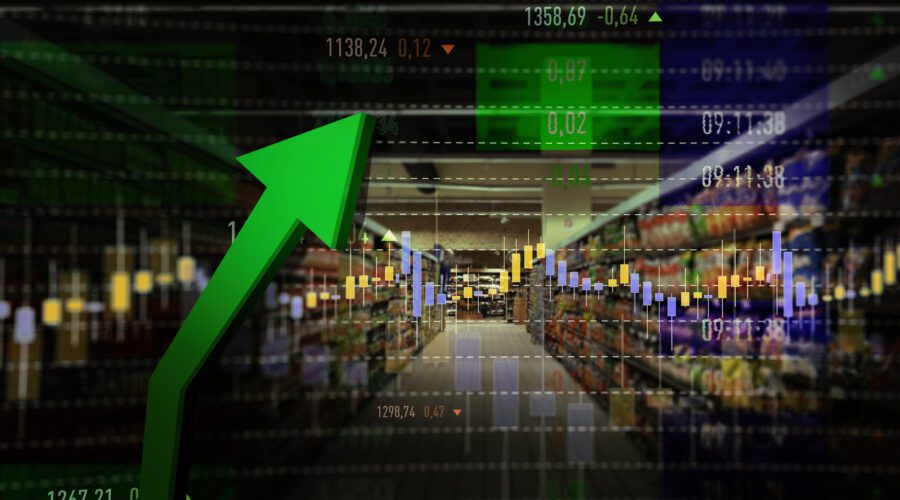For years, concerns have grown that artificial intelligence and robots would take away jobs. Of course, Hollywood and the media don’t make brushing those fears aside easy. With articles like Robots Taking Our Jobs Is Actually Good for Business and Yes, AI Will Take Your Job, it’s no surprise that the workforce turns a suspicious eye toward the Internet of Things and artificial intelligence.
The real surprise, however, is that current data shows AI is doing the opposite of taking jobs. The use of artificial intelligence is instead creating jobs and making those jobs that already exist easier than ever. This is especially true when it comes to gathering and analyzing data. And when the job is supply chain management, you’re happy to have all the help from artificial intelligence you can get, right?
Data Analysis Then…and Now
Collecting and analyzing data has long been a part of business improvement. How that data was acquired and analyzed, however, has rapidly changed for the better. For many, the dawn of data analysis appears to begin with the advent of computers, but this isn’t actually the case. For decades—perhaps even hundreds of years—before computers were invented, information was collected manually. This could be by observation or by simply asking, such as in a survey. The information gathered had to then be organized manually.
With the advent of computers, those who had previously gathered and analyzed data by hand perhaps believed their jobs would no longer be necessary. In fact, computers just made those jobs easier…somewhat. Even with the assistance of computers, gleaning any intelligence from the data could take months. And computers still needed people to operate them, and then more people to make heads or tails of reports.
The same is true now with the introduction of artificial intelligence and machine learning to data collection and analysis. We’ve created an environment that provides a veritable deluge of data from various devices and applications. Only by improving technology could we develop new systems necessary to process the information we received. With programs that can adapt and learn, we’re just able to manage the sheer amount of data we receive.
Data Analysis and the Supply Chain
Now that we’ve explored a brief history of analytics and technology, let’s discuss how that technology could improve the modern supply chain. Because the various factors comprise the supply chain—including different organizations and people, which lead to varying processes and technologies—the modern supply chain is intricate and somewhat fragile. One small disruption anywhere along the chain could affect hundreds or even thousands of people, from companies to consumers.
The use of data to manage these supply chains has helped with developing predictive and prescriptive models, but better technology, such as artificial intelligence, is poised to revolutionize supply chain management. All this, without the need for additional labor or space. But don’t worry. Those jobs aren’t eliminated; they’re just different. New expertise is needed to manage the AI, which in fact creates more jobs.
Artificial intelligence is crucial to current world commerce. AI processes the enormous amounts of data generated during every stage of operations, including enterprise resource planning, manufacturing execution systems, warehouse management systems, and transportation logistics, giving better opportunities for predictive and prescriptive analysis. This leads to better maintenance and supply-chain optimization.
A better handle on the supply chain leads to better decision-making, which then leads to smoother distribution operations. Inventory can be reduced because AI ensures that the right products get to the right place when they’re supposed to arrive. Smoother operations result in decreased costs, which in turn leads to increased revenues.
It seems like implementing artificial intelligence for supply chain management is a no-brainer, but the truth is only 12% of organizations have plans to deploy AI programs. If your business counts on strong supply chains, you may want to consider working with one of these smarter organizations that have accepted the latest technology with open arms.








